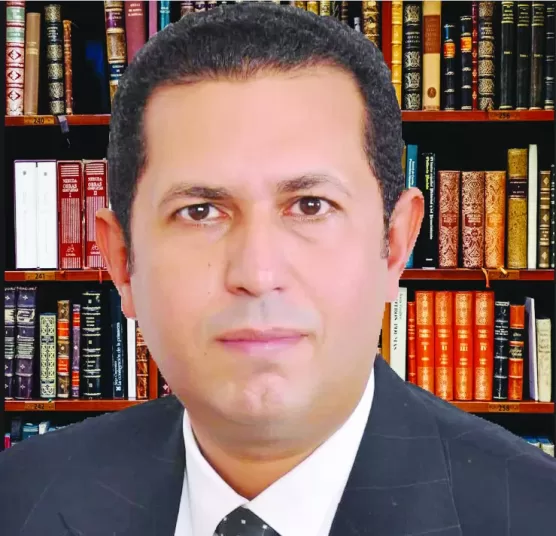Israel escalates its aggressions in the occupied West Bank, while it evades its obligations under the ceasefire agreement in the Gaza Strip.
Tel-Aviv has delayed the release of over 600 Palestinian prisoners under the pretext that Hamas has violated the ceasefire agreement.
The Palestinian group described this Israeli non-abidance by the agreement as a “clear breach” of the Gaza ceasefire.
Simultaneously, Israel has intensified its military operations in the northern West Bank, deploying tanks and combat battalions, for the first time in over 20 years.
The army has been given the green light to remain in refugee camps for extended periods, resulting in the displacement of more than 40,000 Palestinians from areas, such as Jenin and Tulkarm.
The offensive has led to widespread destruction of infrastructure and the forced displacement of thousands of families.
While escalating its military actions, Israel is also pressing forward with its settlement expansion project.
The Israeli organisation “Peace Now” recently revealed plans for the construction of over 1,000 new settlement units, signalling the government’s intent to impose new facts on the ground that pave the way for the full annexation of the West Bank.
These moves come after the head of the Israeli Settlement Council described 2025 as a “historic opportunity” to finalise annexation, especially amid potential shifts in the international political landscape.
Israel’s strategy hinges on a combination of military deception and security escalation-not only to tighten its grip on the West Bank but also to weaken the Palestinian Authority and push Palestinians towards difficult choices, whether through popular resistance or seeking diplomatic solutions with Arab backing.
As the Arab League summit approaches, the Palestinians look to diplomatic intervention to curb current violations and prevent further displacement, with hopes that Arab states will play a decisive role, especially as international efforts to revive the Palestinian cause gain momentum.
Ultimately, Israel has not abandoned its settlement ambitions or scaled back its military policies.
Instead, it is moving towards consolidating control on the ground, effectively reinstating direct occupation in the West Bank.
This is unfolding amid global silence and the complicity of certain world powers in Israel’s oppressive actions.
Beyond its military offensive, Israel has intensified its crackdown on Palestinian prisoners, particularly in Ofer Prison, where worsening weather conditions and freezing temperatures have exacerbated detainees’ suffering.
According to the Palestinian Prisoners’ Club, the prison authorities have escalated repressive measures, storming several sections of the facility with police dogs and tear gas, leading to multiple injuries among detainees.
In addition to physical violence, the prison authorities have weaponised the harsh cold by denying prisoners adequate winter clothing and blankets, a blatant violation of international laws safeguarding detainee rights.
This worsening situation underscores a systematic Israeli policy aimed at tightening the noose around Palestinian prisoners, particularly as the broader Israeli aggression in the West Bank and Gaza intensifies.
Mohamed Fahmy is the editor-in-chief of The Egyptian Gazette and Egyptian Mail newspapers





